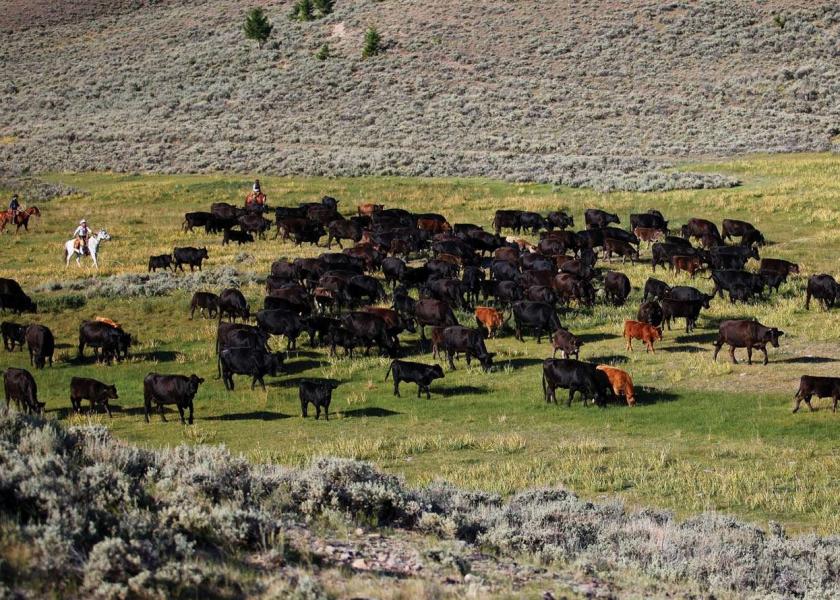NCBA Hails Limited SEC Rule as Win for Cattle Producers

Following continuous advocacy by the National Cattlemen’s Beef Association (NCBA), the U.S. Securities and Exchange Commission (SEC) released a limited greenhouse gas disclosure rule that omits the requirement for large publicly traded companies to release greenhouse gas emissions data from private companies in their supply chain. This type of data, known as Scope 3 reporting, could have increased burdens on family farmers and ranchers whose beef is processed or sold by publicly traded companies.
“This limited SEC rule is a win for America’s farmers and ranchers,” said NCBA President Mark Eisele, a Wyoming rancher. “Since this proposal first arose in 2022, NCBA has worked to educate policymakers on the harmful unintended consequences caused by overreaching Scope 3 regulations. The final SEC rule that omits supply chain emissions reporting entirely is a testament to NCBA’s engagement with federal agencies and Congress to defend America’s cattle producers.”
In 2022, the SEC proposed a rule to require publicly traded companies to release data on their direct (Scope 1), energy and electricity (Scope 2), and supply chain (Scope 3) greenhouse gas emissions. The Scope 3 requirement was especially concerning to the cattle industry, because numerous farmers and ranchers have their beef processed by publicly traded companies or sold by publicly traded restaurants and retailers. These large companies have the resources to hire consultants and calculate emissions, but individual producers lack those same resources. NCBA has also raised privacy concerns, especially in light of court decisions that have solidified the right to producers’ data privacy.
“Cattle producers have a track record of sustainability and conservation, and EPA data confirms that beef cattle are responsible for just 2% of total U.S. greenhouse gas emissions,” said NCBA Chief Counsel Mary-Thomas Hart. “With industry-wide emissions data already available from the EPA and the USDA Life Cycle Assessments, forcing individual farms and ranches to calculate and report emissions creates a costly and unnecessary burden."
In addition to submitting technical comments to the SEC, individual NCBA members also submitted 7,406 emails to the SEC Commissioners and members of Congress detailing their concerns with the rule. NCBA also backed legislation like the Protect Farmers from the SEC Act, introduced by Rep. Frank Lucas (R-OK), Sen. John Boozman (R-AR), and Sen. Mike Braun (R-IN), to exclude agriculture from the Scope 3 requirement.
“NCBA’s grassroots members made a huge difference in this fight and thanks to your engagement, the entire industry is protected from what could have been an incredibly burdensome regulation,” said Idaho rancher and NCBA Policy Division Chair Kim Brackett. “To the producers who spoke up and submitted the over 7,000 comments to the SEC, thank you. Today is the perfect example of why the whole cattle industry benefits from having NCBA working on our behalf in Washington.”







